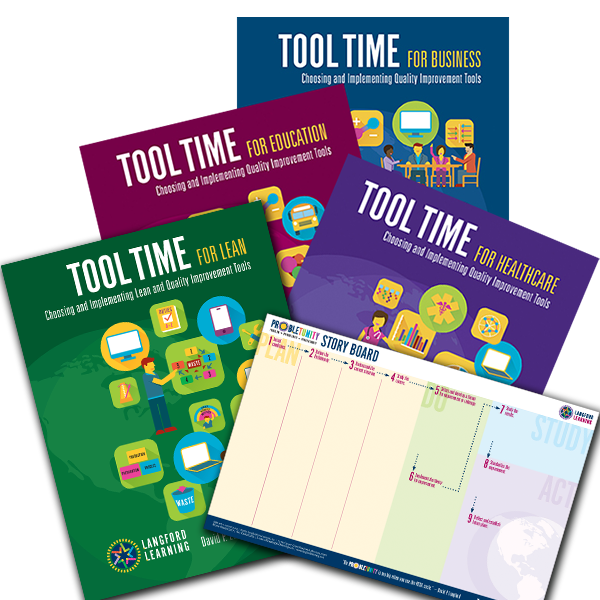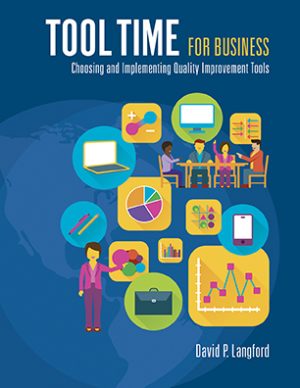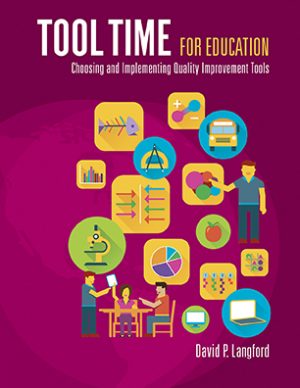The Bravery to Ask, the Strength to Hear
- David Langford
- Business, Education
- 0 Comments

When I was still in the classroom full-time, I really thought I was seeking feedback from my students. But in hindsight, what I was really doing was seeking their approval.
I wasn’t asking for students’ insights to better understand their learning experience—I was hoping they would confirm I was doing a good job. When their feedback didn’t align with my hopes, I’d get frustrated and sometimes even defensive. I was doing the best I knew how, so anything that gave real feedback felt like a personal critique.
Eventually, it became easier not to ask. After all, why invite students to give feedback if I didn’t want to hear what they had to say?
This is something I see often, not just in myself but in other educators as well. When I share videos of other teachers and administrators using tools to gather meaningful input from students or staff and then actually doing something with that information, the most common response I hear is “wow, that teacher is so brave.”
It’s a fascinating reaction, one I’ve spent a lot of time reflecting on. What is it about simply asking for feedback that strikes so many of us as brave?
The answer, I believe, comes down to fear.
Most educators I’ve met care deeply about their students and their schools. They truly do want to grow and improve. But the idea of asking for honest input tends to bring up feelings of fear and anxiety. Why? Because in many schools, feedback is associated with evaluation—and evaluation, especially when linked to rankings or job security, can feel threatening.
In systems where a “bad” evaluation means potential consequences—non-renewal, transfer, or even public shame—fear is naturally going to rise. And when fear is high, the brain downshifts. Cortisol kicks in, and the ability to react rationally drops. I’ve witnessed teachers breaking down in tears during evaluations, not because they weren’t capable, but because the system had conditioned them to fear what feedback might bring.
So what can we do instead?
We can start by untangling feedback from evaluation. Use different language. Say “Can I offer some feedback?” rather than “Can I evaluate this situation?” One small word shift, but it can make a huge difference in how people respond.
And whenever possible, separate feedback and evaluation entirely. Feedback should be part of everyday life—informal, honest, and safe. Evaluations may be required, but they rarely spark real growth. True learning happens in the lead-up to the test, not the test itself. It happens int he conversations before the rubric is applied, not in the number it spits out.
Also remember that some of the most useful feedback comes from the people closest to the work, like your students and colleagues. These may not be the usual “evaluators,” but their input can be far more valuable than a score on a form. I’ve learned to ask, “Would you be willing to give me feedback on this?” And when I do, I try my best to really listen.
Using tools like anonymous surveys or simple quality tools can also help take the edge off of receiving feedback. People are more honest when they don’t feel exposed, and you’ll receive better data when the process feels safe.
Most importantly, feedback is a gift. It’s not about judgment—it’s about making things better for your students, your colleagues, and yourself. Be brave. Make that shift from seeking approval to welcoming feedback. It’s not always easy, but it’s worth it.
David P. Langford
CEO, Langford International, Inc.
©2025 Langford International, Inc. All rights reserved.
-

Tool Time Book + PDSA Chart
$85.00 Select options This product has multiple variants. The options may be chosen on the product page -

Tool Time for Business
$75.00 Add to cart -

Tool Time for Education
$75.00 Add to cart -

Tool Time for Healthcare
$75.00 Add to cart









